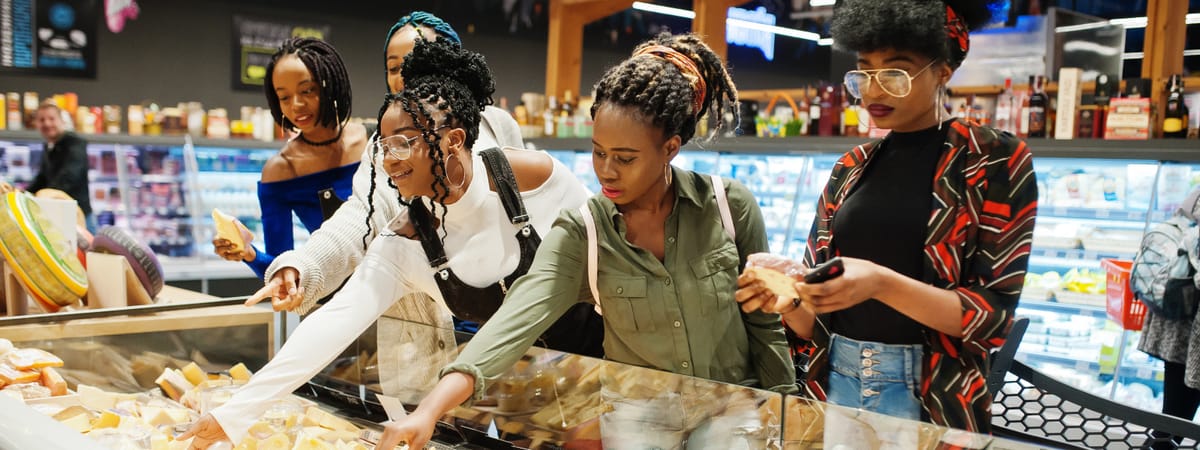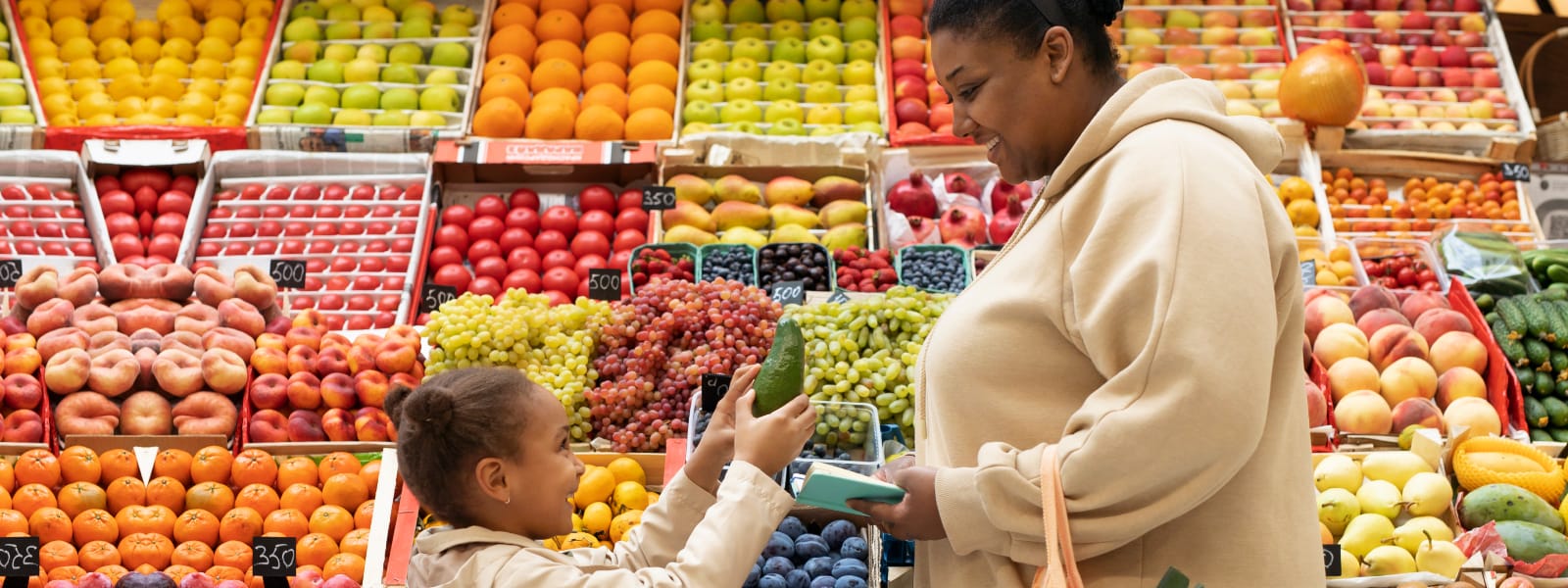Our Top 6 Popular African Markets and Grocery Stores in the UK and the US

A taste of home. That’s what African immigrants worldwide yearn for. And as a result, local markets and African grocery stores in the UK and the US have become cultural havens. For many, they provide a sense of belonging and community.
With the African population in the UK close to 2 million and in the US, over 4.3 million, local markets preserve the connection with your home countries, just as OAPay bridges distance with stress-free and instant international transfers.
At OAPay, our goal is to remove barriers and bring the African diaspora closer to what matters. As such, we are mapping out our go-to picks of the local African markets in the UK and the US, where every visit feels like a quick trip back home.
Local markets are vital community hubs
From fresh produce to homeland flavors, local African markets are a melting pot of cultures and traditions. A visit to these markets is sure to bring a sense of home helping you discover rare ingredients and recreate traditional, home-cooked meals.
African grocery stores are rising in number. Beyond shopping for daily essentials, these stores provide the comfort of community. It’s a place where you are likely to hear your local languages spoken in the aisles. Or where a quick run for palm oil ends in warm conversations and new friendships.
There’s no denying that African local markets double up as welcoming spaces that keep cultures and connections back home alive.

Where do African immigrants shop locally in the UK and the US?
If you're looking for fresh produce and homeland ingredients that are not available at large retail chains, say no more. This roundup of local markets will help you discover spaces where African cultures are celebrated.
UK
- Ridley Road Market (Dalston, London): The lively market has a wide variety of African fruits, vegetables, and food items, including rare spices and meats.
- Ereko African Market (Barking, London): This African goods store offers a range of authentic Ghanaian and Nigerian staples and spices at affordable prices.
- Peckham Market (South London): Home to multiple Nigerian food and grocery shops, the stores are operated by first-generation African immigrants. The market is centered around Peckham Rye Lane and boasts clothing stores and African eateries, providing a well-rounded cultural experience.
US
- Nora's African Groceries (Durham, North Carolina): This store serves as a cultural anchor. Founded by Monica Boston, a Sierra Leonean woman entrepreneur, this place is a must-visit, offering groceries, African food, and skin & hair products.
- Afrik International Food World Market (Hyattsville, Maryland): A go-to place for fresh produce and organic products, they offer everything from everyday essentials to specialty items imported from Africa.
- Peggi's African Market (Riverdale, Georgia): This store has a unique selection of spices, sauces, and grains, along with cultural items that celebrate the African heritage.
Powering local roots with global reach
These markets are the heartbeat of African immigrants, helping them stay connected to traditions and communities.
Similarly, at OAPay, we keep you connected to loved ones in Africa with fast and secure online money transfers. Strengthen your bonds across borders while enjoying the life you have built abroad.
Stay connected with your loved ones; send money to Africa with OAPay.
FAQs:
1. What can I shop for at African markets in the UK and the US?
You get to buy everything from your daily essentials like fresh produce and halal meats to spices, grains, cosmetics, clothing, and even homestyle meals.
2. Why are African markets important for the diaspora?
Beyond shopping for African products, they host cultural events, create spaces for meetups, and offer guidance for those new to the country.
3. Are African markets only for the immigrant communities?
No, African markets welcome anyone interested in African food and culture.



